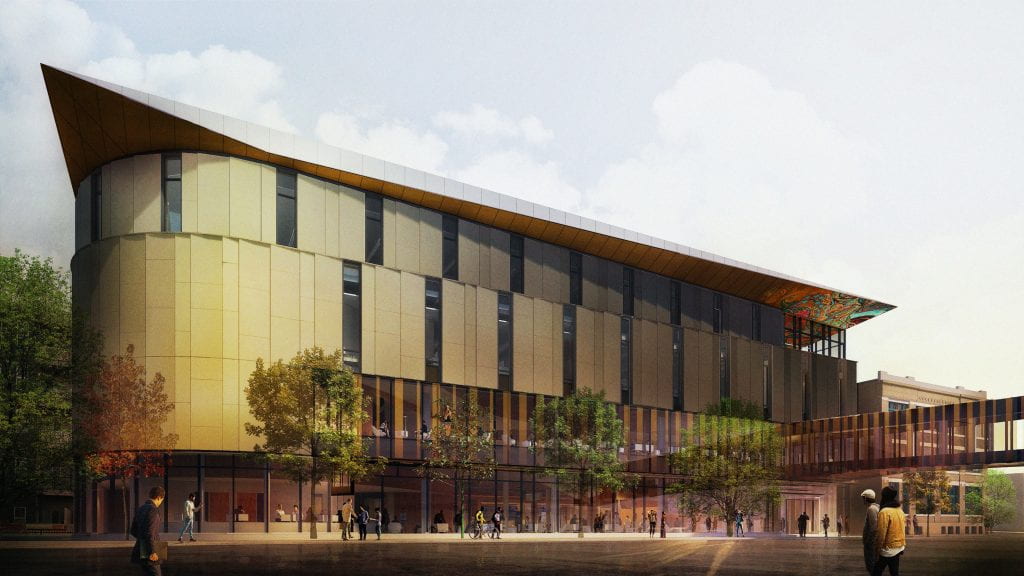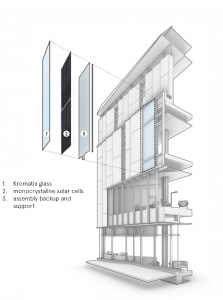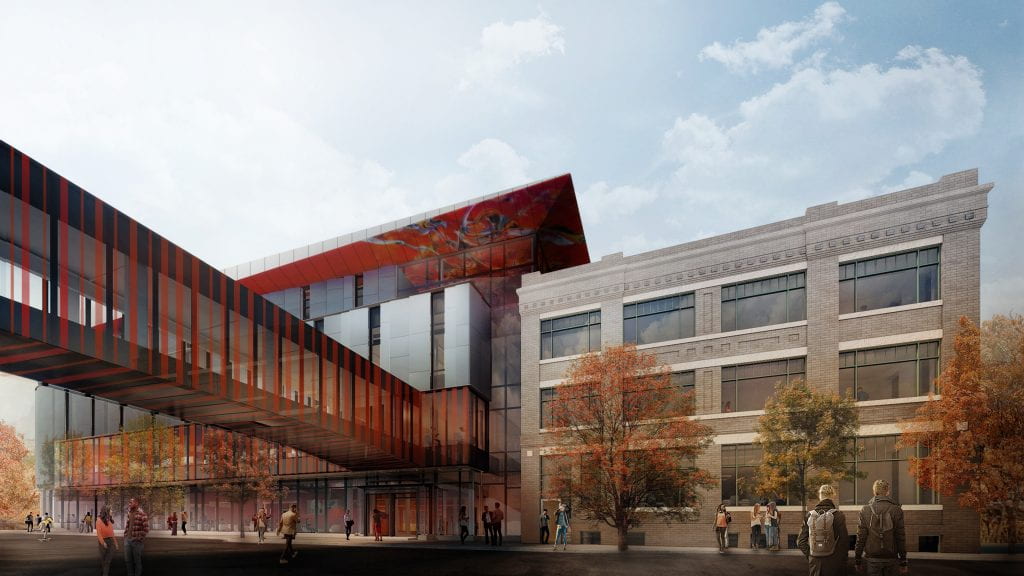College signs SDG Accord; continues to lead in sustainable development
RRC Polytech has become the first post-secondary in Manitoba to the sign the SDG Accord, committing to embed the United Nations’ Sustainable Development Goals (SDGs) into its education, research, leadership, operations, administration and engagement activities.
The 17 SDGs represent an ambitious call to action to end poverty, protect the planet and ensure that all people enjoy peace and prosperity. They align with the values in RRC Polytech’s strategic plan and directly support the College’s commitments.
“Our primary objective is training the workforce of today and tomorrow, so we are uniquely positioned to lead transformative change and build a more sustainable future — and the SDGs are a valuable tool to help us focus our efforts,” says RRC Polytech President Fred Meier.
“Sustainability is a journey without a final destination, so we’re prepared and excited to build on the current initiatives led by our Environmental Stewardship and Campus Renewal team and broaden our approach to include research, academics and all areas of College operations.”
The SDGs are a global blueprint for all people around the world to improve health and education, reduce inequality, spur economic growth and tackle climate change. They aim to achieve peace and prosperity for people and the planet, now and into the future. While each goal has its own separate objective, they are indivisibly linked and interdependent.
“We can’t have good health and well-being without clean water, and we can’t have sustainable, inclusive communities without reducing inequality,” says Sustainability Specialist Stephanie Fulford. “So while the goals are ambitious, they reflect the scope of our global challenges, give us real targets to strive toward and a pathway to achieve them.”
“We also recognize that to achieve these goals will require all of us, in every sector of society, to work together — which is why formally signing the accord is so important.” Read More →

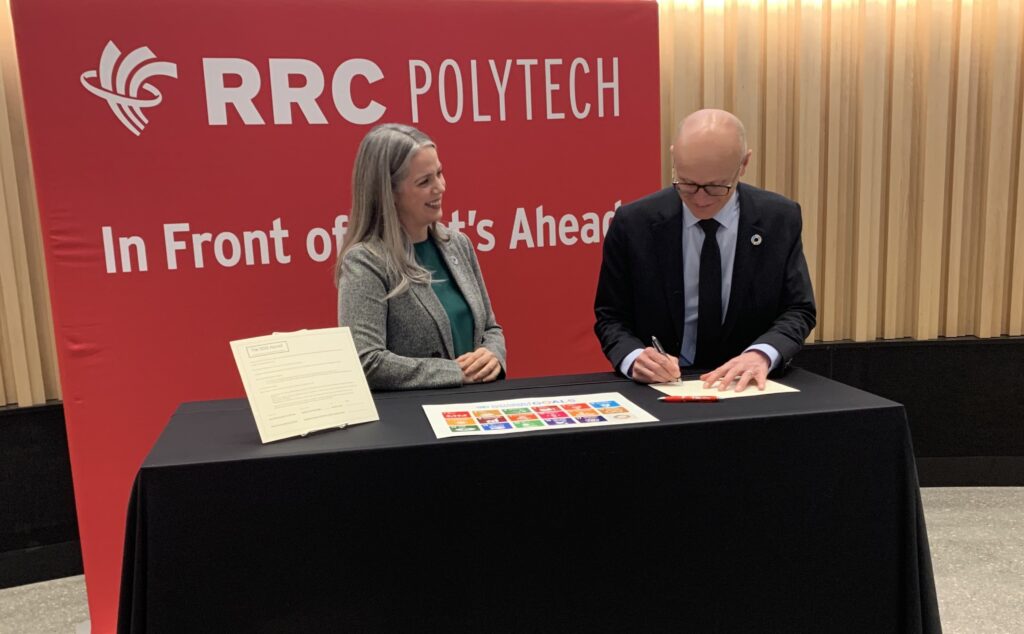

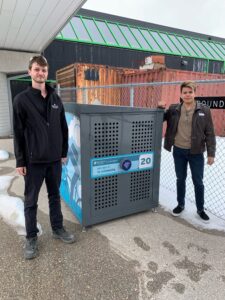



 Red River College, in collaboration with the Manitoba Environmental Industries Association (MEIA), is the first post-secondary institution in the province to launch an
Red River College, in collaboration with the Manitoba Environmental Industries Association (MEIA), is the first post-secondary institution in the province to launch an 